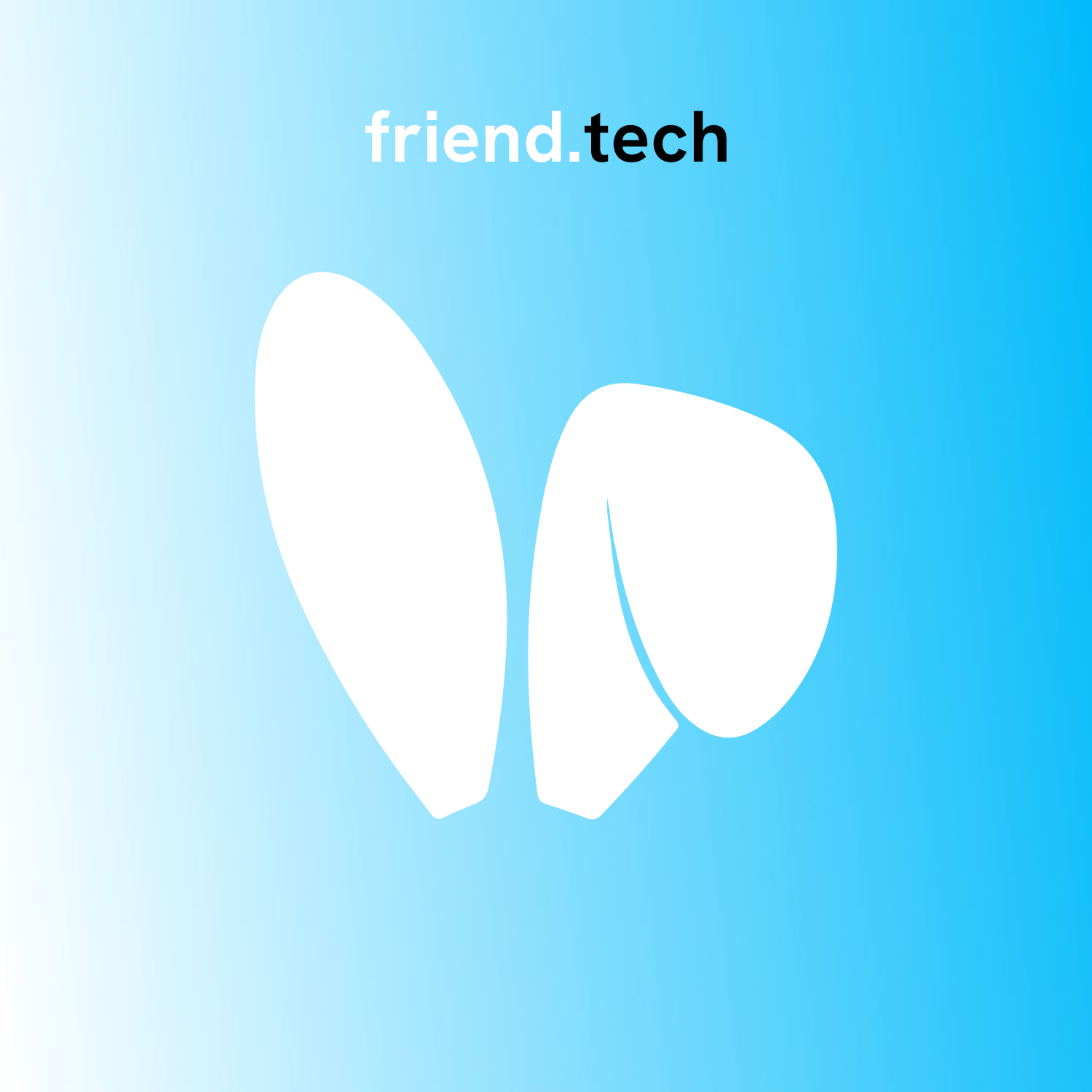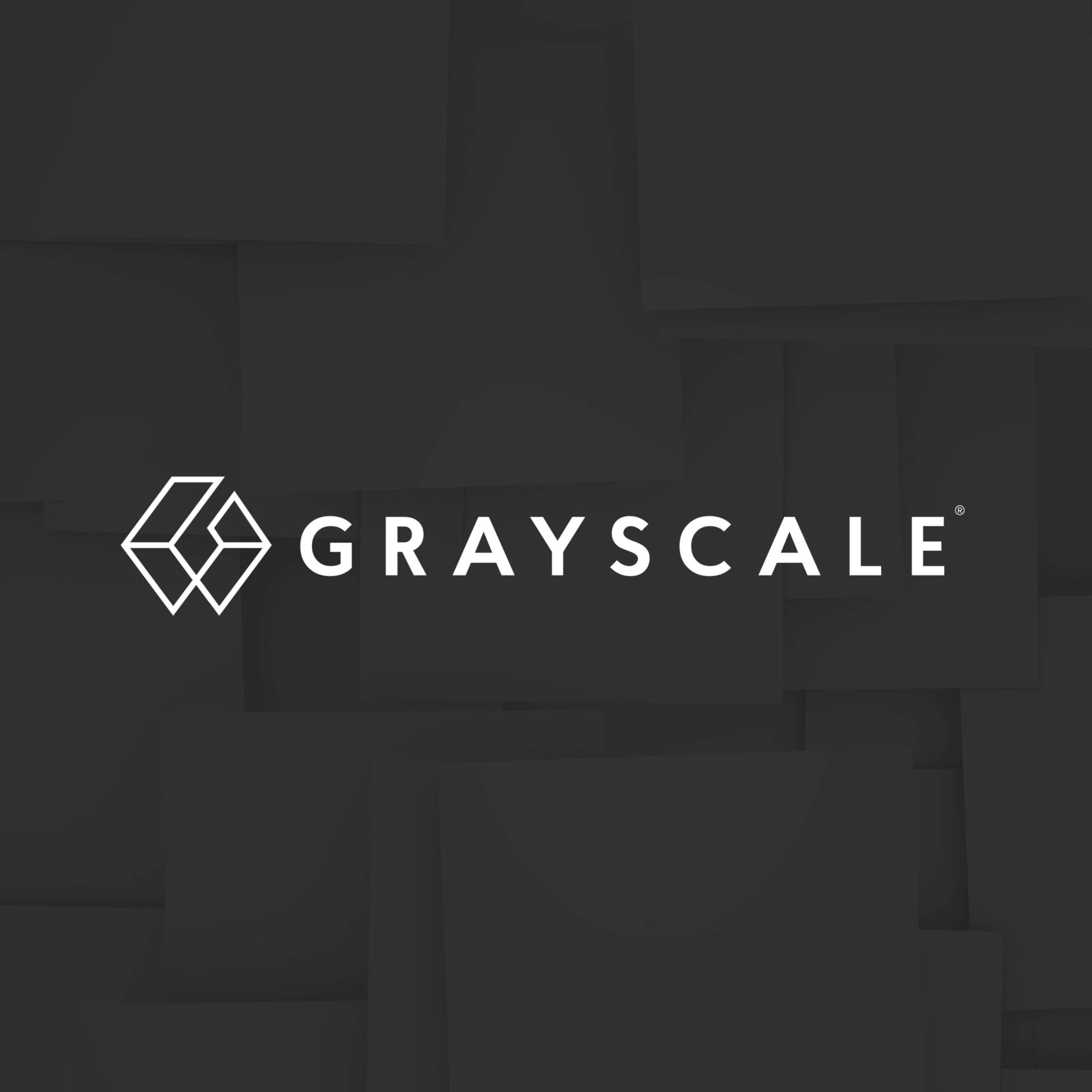What is Friend.tech? A New Social App Allowing Users to Buy & Sell Shares of People They Believe In
Friend.tech leverages crypto incentives to build community and decentralize social media.
TL;DR: The recently launched FriendTech app leverages blockchain technology built on Coinbase’s Layer-2 scaling solution ‘Base’ to facilitate unique social media experiences, allowing users to tokenize their connections providing access to ‘private-chats’. Backed by top investors like Paradigm, it has seen tremendous early growth, serving as a precursor for decentralized social networks.
In recent weeks, a new application called FriendTech has taken the crypto community by storm, offering users a novel way to interact on social media through blockchain integration. Developed by pseudonymous developer Racer, FriendTech went live in beta on August 11th shortly after the mainnet launch of Base, a layer-2 scaling solution incubated by Coinbase.
The app allows users to essentially “tokenize” their connections on the platform by buying and selling “shares” of their favorite accounts. Shareholders gain special access like private group chats with the accounts they’ve invested in. An automated bonding curve calculates the price of these shares based on supply and demand, similar to how Uniswap sets prices for crypto token pairs.
This gamified approach quickly attracted thousands of users in the niche crypto sphere. According to Coinbase, within days FriendTech became responsible for a significant portion of all transactions on Base, even exceeding activity on more established layer-2 rivals like Optimism and Arbitrum.
But what is driving this surge in popularity? Experts point to clever incentive structures and social dynamics that differentiate FriendTech from traditional social media. Users feel invested literally and figuratively in the accounts they own shares of. They are financially motivated to promote rising stars and gain clout. Exclusivity breeds hype, with private chats substituting for the old Internet axiom that “content wants to be free.”
Importantly, decentralized architecture means the platform and its communities are not dependent on any single entity. This enables Permissionless experimentation. For example, some accounts are granting special benefits like token airdrops to their shareholders.
So far FriendTech is attracting primarily crypto users, but momentum is building outside those circles. In recent days high-profile figures like NBA player Grayson Allen and FaZe Clan founder Banks joined the platform. Their massive fanbases could jumpstart more mainstream adoption.
The ecosystem also got a stamp of approval from top venture firm Paradigm, which invested in FriendTech to explore the future of social media on blockchains. Racer previously spearheaded Arbitrum-based StealCam, which similarly gamified content sharing using NFTs.
However, as Friend.tech’s popularity has skyrocketed, there have been some growing pains. A recent leaked database connected over 100,000 users’ wallet addresses to their Twitter usernames, raising significant privacy concerns. While the team continues working to scale up responsibly, this data exposure highlights potential risks amidst the app’s exponential growth. Looking ahead, Friend.tech will need to prioritize protecting user data and privacy as it charts the path towards mainstream decentralized social media. If executed properly with users’ best interests in mind, the crypto incentives pioneered by Friend.tech could enable the next generation of community-owned and controlled social platforms.
FriendTech seems poised to blaze the trail for decentralized social networking. As with any new technology paradigm, challenges remain around scaling, usability, and sustainability. But the appetite for crypto-native social experiences is clearly demonstrated. Further innovation in this space could fundamentally reshape how people interact online.




Leave a Reply
You must be logged in to post a comment.